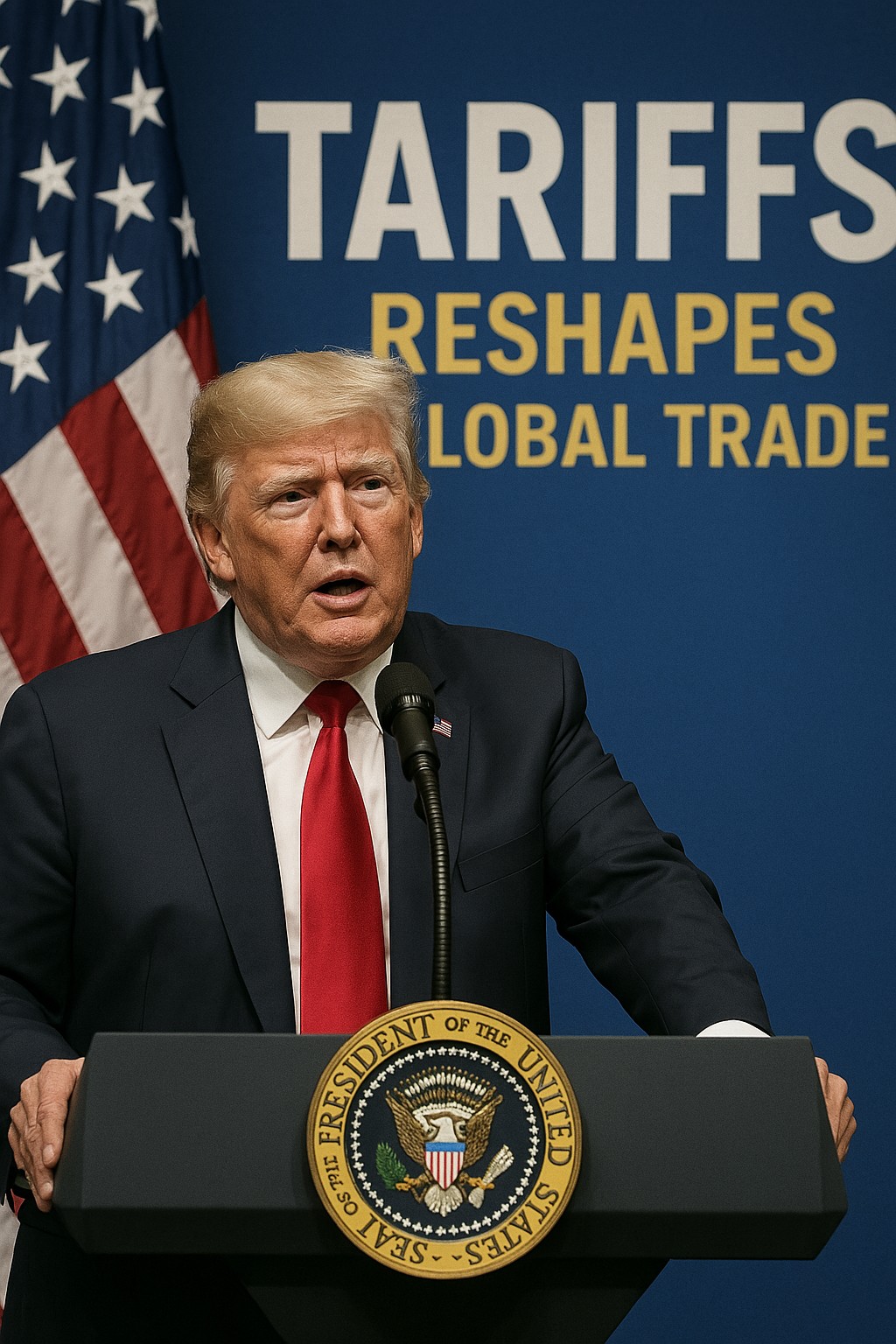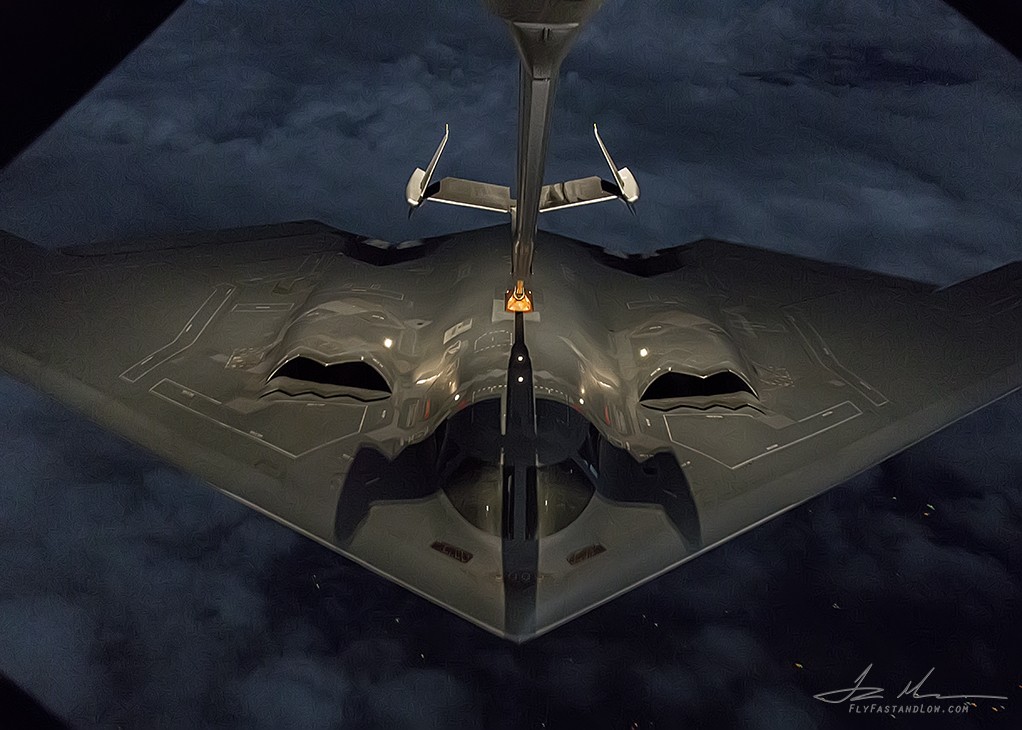
China has decided to not supported new international guidelines to curb the growth of AI weapons. This decision emerged during the Responsible AI in the Military Domain Summit, held in South Korea. Ninety nations participated in the summit, with 60 endorsing the nonbinding proposal. However, about 30 nations, including China, refrained from backing the initiative.
The guidelines, while nonbinding, represent a collective effort to maintain human oversight in military applications of AI weapons. Nations supporting the proposal express concern over the potential for AI to act autonomously on the battlefield, posing ethical and strategic risks. Transitioning towards AI governance, they argue, is crucial for future conflict management.
China’s decision has sparked discussions and raised questions about its military ambitions. An AI expert from the Hudson Institute commented that some countries’ choice to opt-out is not necessarily alarming. However, China’s stance might be different. With its goal of advancing military capabilities, the nation’s reluctance could indicate a strategic move to maintain flexibility in AI development.
Despite this, the summit marked a significant step towards international dialogue on AI weapons. Supporters of the proposal emphasize the importance of collaboration and shared norms. They argue that maintaining human control is essential to prevent unintended escalations in conflicts involving AI systems.
South Korea, one of the host nations, played a pivotal role in facilitating discussions. The summit served as a platform for countries to voice concerns and propose measures for responsible AI use in military settings. The dialogue included various perspectives, highlighting the complexity of integrating AI into defense.
Countries opting out, like China, cite various reasons. Some argue that the guidelines could limit technological progress and strategic autonomy. Others, however, express skepticism about the effectiveness of nonbinding agreements. These nations suggest that more robust frameworks might be necessary for meaningful impact.
The summit’s outcome reflects a growing recognition of AI’s transformative potential in warfare. It also underscores the challenges of achieving global consensus on ethical guidelines. The balance between innovation and control becomes increasingly critical as AI technology advances.
The 60 nations supporting the guidelines continue to focus on fostering responsible AI development. They aim to ensure that AI systems enhance, rather than undermine, global security. Transitioning towards a framework prioritizing human oversight is vital to this goal.
China’s decision to opt out of the proposal adds another layer of complexity. The international community continues to watch closely, as China’s actions could influence global norms in AI weaponry. While the guidelines are nonbinding, they represent a step towards establishing shared principles that could shape future policies.
The summit highlighted both the opportunities and challenges of AI in military applications. With diverse views and strategic priorities, reaching a consensus remains difficult. Yet, the dialogue initiated at the summit is a positive step towards addressing these complex issues. The road ahead requires continued cooperation and commitment to responsible AI use in military contexts.




